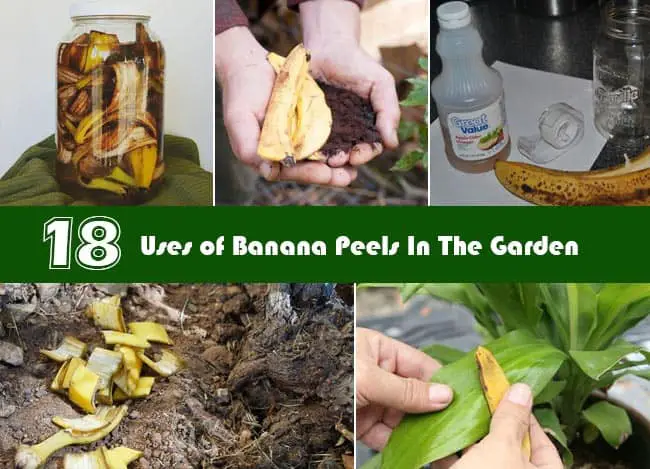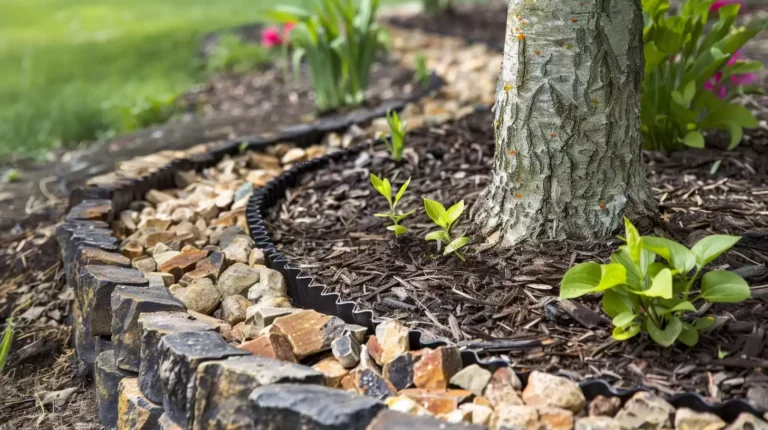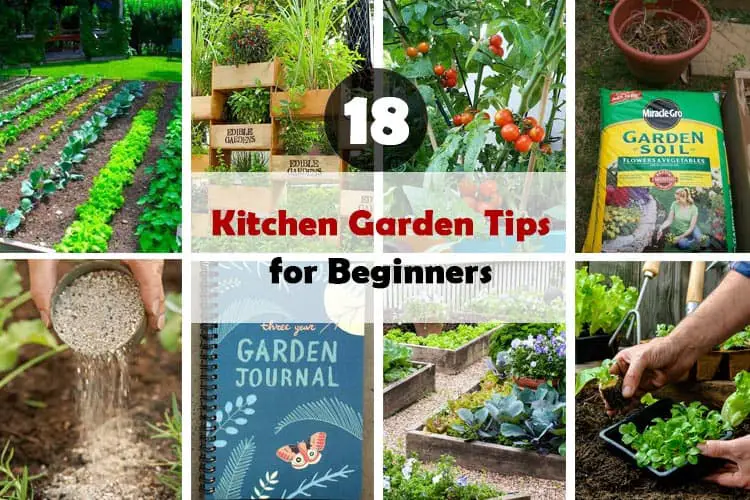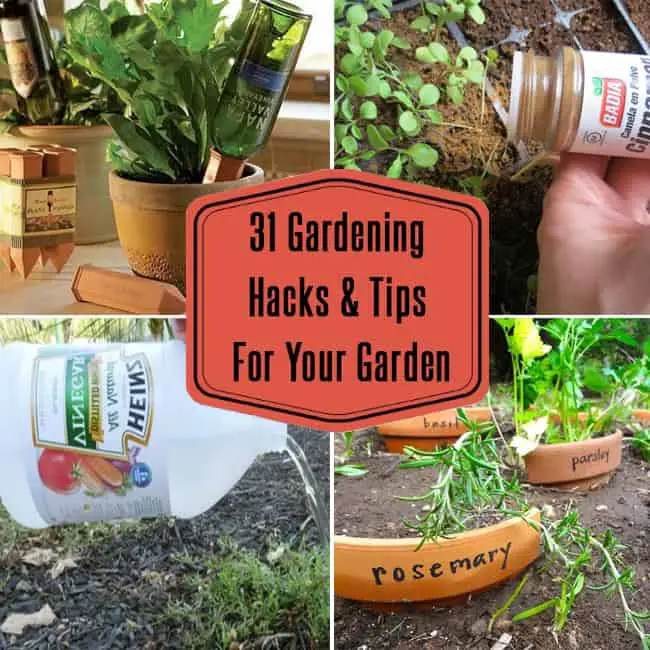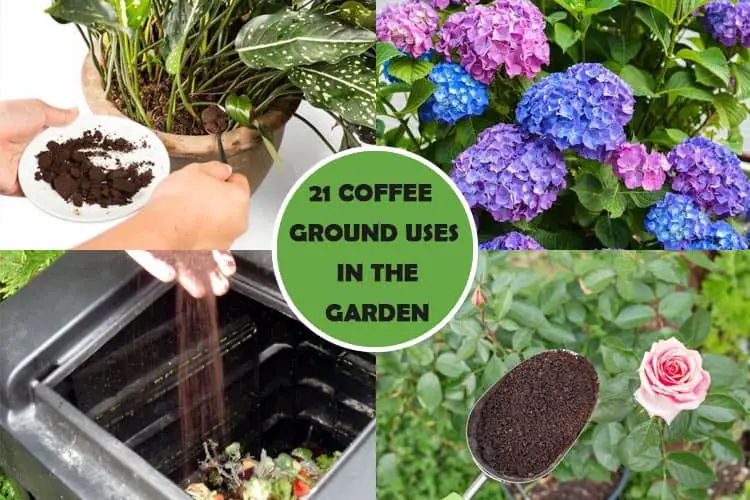Why is Gardening Good for You? Benefits of Gardening for all Age Groups
In the garden of life, planting seeds of well-being can blossom into a multitude of benefits for individuals of all ages.
Discover how this timeless activity can cultivate not just plants, but also physical health, mental clarity, emotional balance, and social connections.
Continue Reading to Understand These Key Points:
- Gardening improves physical health, mental well-being, emotional wellness, and social connections for all age groups.
- It offers a sense of accomplishment, nature connection, lifelong learning, and additional physical health benefits.
- Engaging in gardening fosters community and social interactions, knowledge sharing, and a sense of belonging.
- It enhances cognitive abilities, skill development, problem-solving skills, and curiosity about the natural world.
Physical Health Benefits
Gardening offers a range of physical health benefits by providing regular exercise opportunities suitable for all age groups. Engaging in gardening tasks helps improve cardiovascular health, flexibility, and strength.
The diverse movements involved, like digging, planting, and weeding, offer a great form of exercise, maintaining a healthy heart, enhancing circulation, and strengthening muscles.
Bending, reaching, and stretching while gardening also boosts flexibility, keeping joints supple and reducing injury risks. Moreover, gardening enhances balance, coordination, stability, and mobility, particularly beneficial for older individuals.
Exposure to sunlight during gardening aids in Vitamin D absorption, crucial for strong bones and a healthy immune system.
Mental Well-being Benefits
Gardening has proven to be a powerful tool for stress relief, as it offers a peaceful escape from daily pressures.
The act of tending to plants and watching them grow can significantly enhance mood and overall well-being.
Engaging in gardening activities is a practical way to boost mental health and promote a sense of calmness in individuals of all ages.
Stress Relief Benefits
Enhancing mental well-being can be achieved through the stress-relief benefits of engaging in gardening activities. Gardening is associated with reduced stress levels, promoting calmness and relaxation, improving self-esteem, and reducing anxiety.
Tending to plants or a small garden can significantly impact mood stability and boost serotonin levels in the brain, leading to improved emotional health and decreased stress levels.
Spending time in nature and cultivating green spaces can provide solace, peace, and a natural remedy for everyday life stresses.
Mood Enhancement Benefits
Cultivating a garden can significantly uplift one’s mood and contribute to overall mental well-being. Gardening activities boost serotonin levels, promoting mood stability and reducing stress symptoms.
Engaging in gardening provides mental stimulation, enhancing self-esteem and purpose.
Nurturing plants in a garden evokes feelings of fulfillment and satisfaction, enhancing mental well-being. Gardening serves as a tranquil retreat for stress relief, offering a space to unwind amidst nature.
Learning about different plants and planning garden layouts can be rewarding, stimulating cognitive function and promoting mental well-being.
The act of tending to a garden not only beautifies spaces but also nurtures mental health by fostering a sense of accomplishment and relaxation.
Emotional Wellness Benefits
Nurturing plants through gardening can significantly enhance emotional wellness by reducing symptoms of anxiety and depression. Gardening boosts happiness and overall emotional well-being by improving mood and decreasing stress levels.
Caring for plants and witnessing their growth provides a sense of accomplishment and purpose, essential for emotional wellness. Connecting with nature through gardening enhances self-esteem and brings tranquility.
These benefits make gardening a valuable activity for improving mental health, promoting positivity, and inner peace in individuals of all ages.
Social Connection Benefits
Participating in community gardening fosters social connections and a sense of belonging among individuals of all ages. It provides a platform for people to come together, encouraging social interaction and nurturing relationships.
Here are three ways social connection benefits are experienced in communal gardening:
- Camaraderie and Shared Wisdom: Community gardens facilitate sharing knowledge and experiences, fostering camaraderie and a sense of community.
- Vibrant Conversations and Joint Accomplishment: Engaging in communal gardening sparks lively discussions and a shared sense of achievement, strengthening social bonds within the group.
- Supportive and Connected Environment: Community gardening enriches life by promoting social interaction and creating a supportive environment where individuals can thrive together.
Stress Reduction Benefits
I’ve found that gardening not only calms my mind but also helps me relax and gain mental clarity.
The act of nurturing plants and immersing myself in a garden environment provides a sense of peace and tranquility.
Research supports that engaging in gardening activities can significantly reduce stress levels and promote emotional well-being.
Calming Effects on Mood
Experiencing the tranquil atmosphere of a garden can greatly reduce stress and improve overall mood stability. Gardening has a calming effect on mood, serving as a natural remedy for stress relief and mental rejuvenation.
Here are three ways gardening enhances mental well-being:
- Connection with Nature: Gardening allows individuals to immerse themselves in green spaces, promoting tranquility and peace.
- Reduction in Cortisol Levels: Spending time in gardens can lower cortisol levels, reducing feelings of anxiety and tension.
- Enhanced Relaxation: Gardening’s therapeutic nature fosters relaxation, helping stabilize mood and offer a break from daily stressors.
Relaxation and Mental Clarity
Immersing oneself in the peaceful environment of a garden not only calms the mind but also enhances mental clarity and promotes relaxation, offering valuable stress reduction benefits.
Gardening has a remarkable ability to reduce cortisol levels in the brain, effectively decreasing stress and anxiety.
By spending time surrounded by nature, individuals can experience a sense of tranquility that fosters mindfulness and allows them to focus on the present moment.
Engaging in gardening activities, such as nurturing plants, serves as a therapeutic outlet for managing stress and enhancing overall mental well-being.
The act of tending to a garden not only provides a peaceful escape from daily pressures but also cultivates a sense of calmness that contributes to improved mental clarity and relaxation.
Cognitive Stimulation Benefits
Engaging in gardening activities not only provides physical benefits but also offers valuable cognitive stimulation through the exploration of new plants and garden layouts.
Gardening tasks serve as a medium for continual learning, challenging individuals mentally, and enhancing problem-solving skills.
Here are three ways in which gardening promotes cognitive stimulation:
- Learning Opportunities: Gardening introduces individuals to a diverse range of plants and gardening techniques, stimulating the brain through the acquisition of new knowledge.
- Problem-Solving Skills: Planning and organizing a garden layout require strategic thinking and problem-solving abilities, which help sharpen cognitive function and mental acuity.
- Sensory Awareness and Memory Retention: The sensory experiences involved in gardening, such as feeling the soil, smelling the flowers, and observing the colors, can enhance sensory awareness and improve memory retention, contributing to overall cognitive well-being.
Engaging in gardening not only nurtures a sense of purpose but also provides a fulfilling cognitive workout, keeping the mind active and agile.
Sense of Accomplishment Benefits
Engaging in gardening activities offers a sense of accomplishment to people of all ages. Tasks like planting, weeding, and harvesting lead to tangible results and boost self-esteem. Achieving gardening goals, such as growing healthy plants or creating a beautiful garden space, instills pride and satisfaction.
Nurturing plants and seeing them thrive enhances a sense of achievement and purpose in daily life. These accomplishments in gardening projects also enhance motivation, creativity, and overall well-being for individuals.
Nature Connection Benefits
Gardening promotes a deep connection with nature, providing a serene escape to unwind and admire the natural world. The benefits of this connection are vast, contributing significantly to overall well-being:
- Outdoor Environment Immersion: Gardening activities immerse individuals in the outdoor environment, allowing direct connection with nature’s beauty.
- Stress Reduction and Relaxation: Gardening in nature reduces stress, anxiety, and promotes relaxation, offering a therapeutic break from daily life.
- Seasonal Changes and Ecosystem Interactions: Through gardening, individuals can observe seasonal changes and ecosystem interactions, fostering a deeper appreciation for the natural world.
Lifelong Learning Benefits
Immersing in gardening fosters a connection with nature and offers lifelong learning opportunities for cognitive abilities and skill development.
Gardening provides hands-on experiences that enhance understanding of plant varieties, growth patterns, and environmental factors. It also promotes problem-solving, creativity, and adaptive thinking.
Exploring soil composition, plant care techniques, and seasonal practices nurtures curiosity about the natural world, leading to a sense of accomplishment and continuous learning.
Final Thoughts
Gardening offers numerous benefits for individuals of all ages.
A study in the Journal of Aging and Health found that older adults who regularly garden have a 36% lower risk of dementia. This highlights the positive impact of gardening on cognitive health and overall well-being.
So, whether young or old, consider taking up gardening to reap its rewards!


